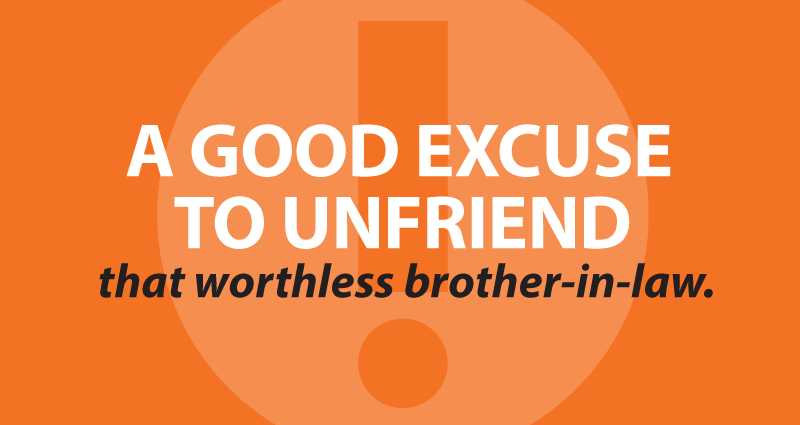
Can Facebook friends affect your credit?
You may not pay much attention to what your social media friends are posting, but creditors are. If your settings are “public”, what you are discussing is available to companies that want to sell their products – that includes banks, credit unions, and credit companies.
According to an article by Erica Sandberg, creditors are starting to use the information shared in social media to identify creditworthy customers. “Pretty much everything you and your network reveal may be compiled, including status updates, “tweets,” joining online clubs, linking a Web site or posting a comment on a blog or news Web site.”
The information is generally included as part of “multi-dimensional behavioral targeting” or “social graphs,” in order to draw conclusions as to who to send a specific offer. The idea is based on similar interests – if your friends talk about something, you may be interested as well, even if you have never posted or tweeted it. If you are connected to a group of people with great credit, there is a better chance that you have great credit as well. And if you have a large social network of friends with good credit, not only will you likely get more offers, you will likely get approved much faster.
But what if some of your Facebook Friends have notoriously bad credit? Does that keep you off the lists, or just put you on the higher risk list instead? Should you keep your credit score in mind when deciding who to friend? Just how much do you really know about that guy that was the party animal in high school?
It’s all about reducing risk for credit companies, but it may also be an invasion of privacy. Several people must think so, since the use of this type of data is being hotly debated in Washington. Then there’s the even bigger potential problem for companies that use this information – how big of a PR backlash will there be from people when they find out this is happening?
So what should you do? As a credit union marketer, I would first determine if it goes against the intent of your privacy policies before you dive in too deep.
Personally, you have some options. You could simply opt out of the social media space altogether (you might even regain some free time for yourself, but you’d risk being called a Luddite by others.) Or you could choose to use this information as a way to keep your friends list under control by asking for their credit score before accepting anyone. But you probably should just change your settings so that your information is not shared publicly.
Unless you just want a good excuse to unfriend that worthless brother-in-law.
- It’s hard not to get caught up in a buzz that surrounds you. - April 9, 2024
- Turn your staff into an Idea Factory. - February 27, 2024
- Move with the future or get left behind - February 6, 2024
